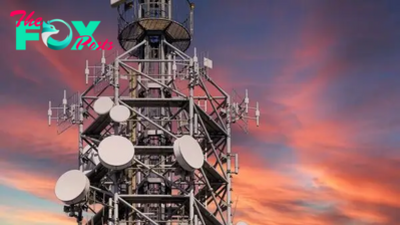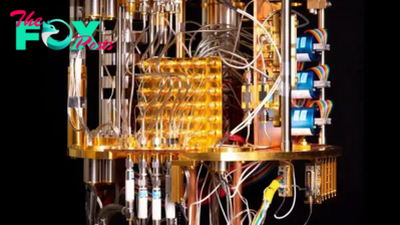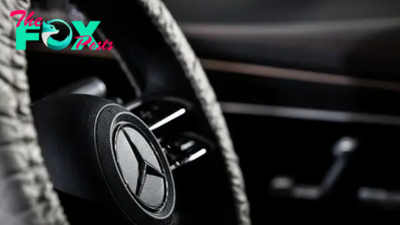Technology
Tired of your laptop battery degrading? New 'pulse current' charging process could double its lifespan.
Scientists have devised a new charging protocol for lithium-ion batteries that could double the lifespan of batteries used in smartphones and laptops.
The charging method — which gives devices power with a "pulse current" rather than a "constant current" — can extend battery lifespan by many years, the researchers wrote in a study published March 14 in the journal Advanced Material Sciences.
Lithium-ion batteries are used in everything from electric vehicles (EVs) to portable electronics, but the maximum capacity of these batteries degrades over time. The longer they are used, and the more charge cycles they undergo, the less charge they hold.
The batteries in many laptops, for instance, can last up to five years before weakening — or 300 to 500 charge cycles — according to the laptop manufacturer Lenovo. The best batteries, meanwhile, have a service life of up to eight years, the scientists said. These normally have electrodes made of a compound called NMC532 (comprising nickel, manganese and cobalt) as well as graphite.
Related: This tiny radioactive battery can last 50 years without recharging — and it's coming in 2025
A constant current normally charges these batteries, with pulse charging normally used in "fast charging" products. In the study, the scientists charged different batteries with constant current and pulse current charging and measured the batteries' charge capacity.
In constant current batteries, the electrolyte interface at the anode — where there is an exchange of electrons between the electrolyte material and the positively charged electrode — was significantly thicker. This limited how much charge it could hold. There were also more cracks in the NMC532 and graphite electrodes, which reduced battery charging capacity.
-
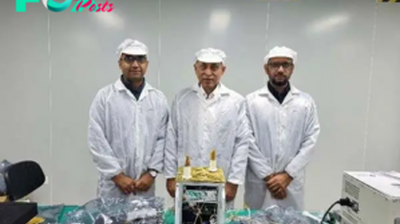
 Technology1h ago
Technology1h agoPakistan’s historic lunar mission to be launched on Friday
-
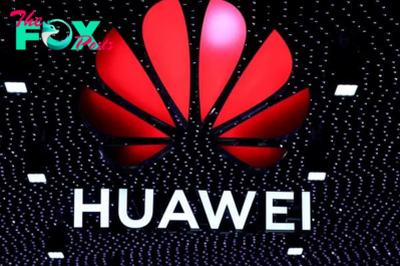
 Technology1h ago
Technology1h agoChinese tech giant Huawei profit surges 564%, biting into Apple sales
-
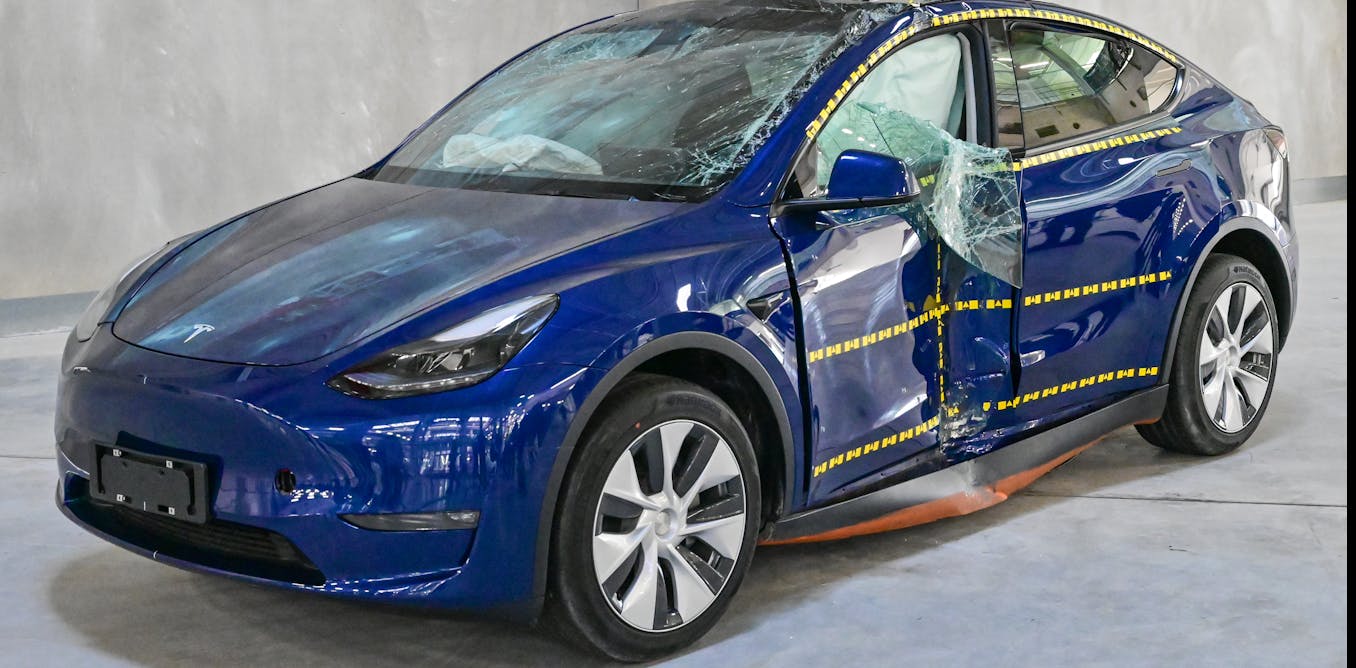
 Technology6h ago
Technology6h agoElectric vehicles are usually safer for their occupants – but not necessarily for everyone else
-

 Technology6h ago
Technology6h ago‘What is a fact?’ A humanities class prepares STEM students to be better scientists
-

 Technology8h ago
Technology8h ago‘Fortnite Festival’ Season 3: Release Date, Cast, Theme And Everything Else We Know
-

 Technology1d ago
Technology1d agoMeta Steps Into The Artificial Intelligence Paint With Llama 3: Is It A Top 3 Bot?
-

 Technology1d ago
Technology1d agoThe giant sheep helping Tajikistan weather climate change
-
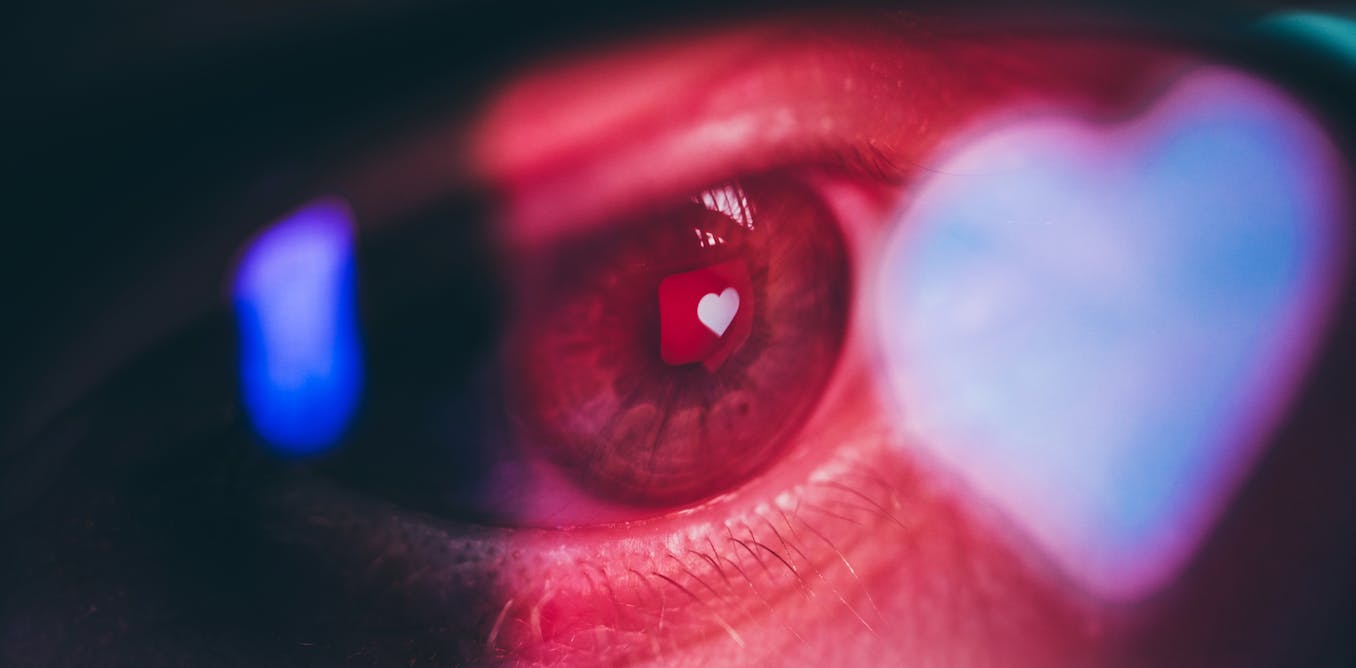
 Technology1d ago
Technology1d agoGhosted, orbited, breadcrumbed? A psychotherapist breaks down some perils of digital dating and how to cope
